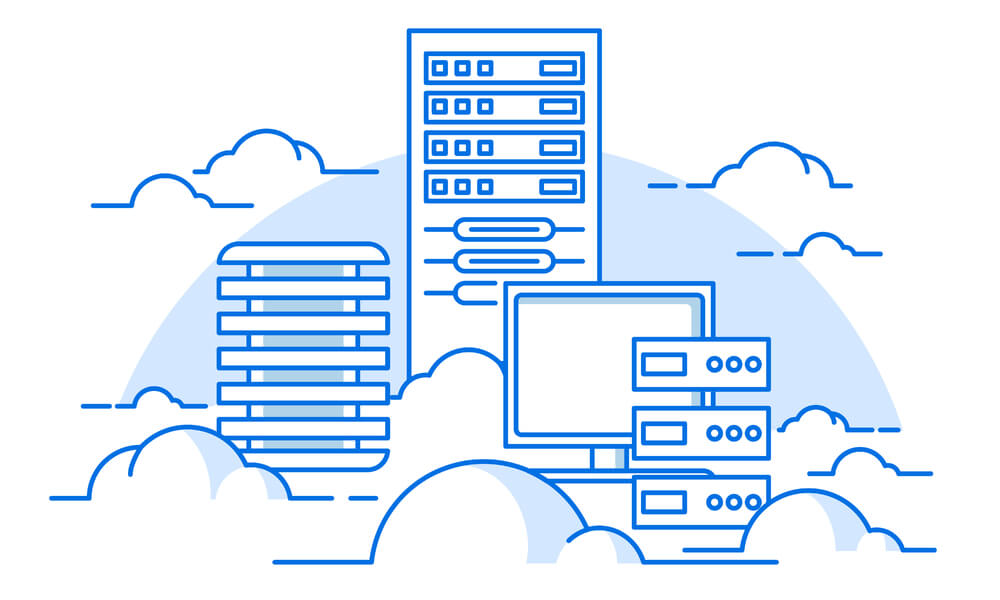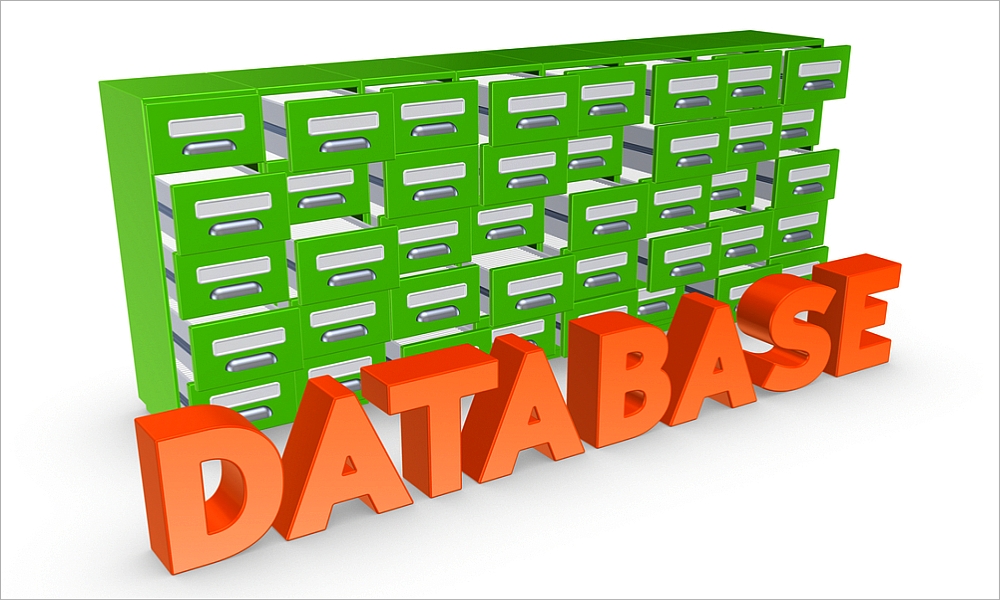The business world is rife with competition, trimmed margins, and tight budgets. To stay afloat, companies need to optimize processes, reduce costs, and boost efficiency. One way to achieve this is by moving from on-premises database solutions to cloud-based ones. Cloud-based database solutions are hosted in the cloud, and the vendors maintain the hardware, software, and updates on behalf of clients. In this article, we delve into some of the most significant benefits of cloud-based database solutions.
- Lower Costs
On-premises databases require businesses to invest heavily in hardware and software, including servers, storage devices, and IT maintenance personnel. These costs can be a significant burden for small and medium-sized enterprises (SMEs). With cloud-based databases, businesses eliminate IT capital expenditure and reduce operational costs, including electricity, air conditioning and space rental. Moreover, cloud database service providers offer subscription-based pricing models that allow companies to scale their services up or down as needed, depending on their business needs.
- High Accessibility and Flexibility
Cloud-based databases offer the ultimate flexibility in terms of access, as they enable users to access their data from anywhere, as long as they have an internet connection. This means that employees can work from anywhere using any device, which increases employee satisfaction and productivity. Moreover, cloud-based databases offer high availability, as the provider usually deploys multiple geographically distributed servers, ensuring that clients’ data is always available, regardless of any single point of failure.
![]()
- Enhanced Security
On-premises databases can be costly to secure, given that businesses need to invest in physical security measures, such as firewalls, intrusion detection systems, and access controls. Cloud-based databases offer an enhanced security level, given that most vendors invest heavily in security and employ cutting-edge technologies such as encryption, identity and access management, and active monitoring. Moreover, in case of a breach, cloud providers usually have disaster recovery systems in place that can ensure quick recovery of data.
- Improved Collaboration
One of the significant challenges of on-premises databases is collaborating and sharing data among employees. With cloud-based databases, companies can share data with ease, enabling better collaboration among employees. Moreover, cloud databases provide real-time updates, meaning that everyone involved can have access to the latest version of data, significantly reducing data duplication and inconsistency.
- Scalability
Cloud-based databases provide ultimate scalability, as they can quickly scale up or down depending on clients’ business needs. This means companies don’t have to purchase additional hardware or software when they need more capacity. Cloud service providers make it easy for companies to add or remove capacity as needed, depending on demand.
Cloud-based databases offer numerous benefits, including scalability, improved collaboration, enhanced security, high accessibility and flexibility, and lower costs. By migrating from on-premises databases to cloud-based ones, companies can focus more on other aspects of their business and optimize their processes, enabling them to be more efficient and competitive in the market.




